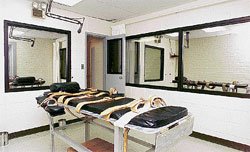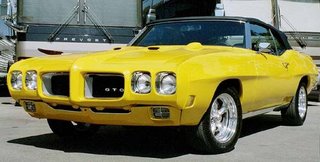
Not quite a year ago, columnist David Waters of the Memphis Commercial Appeal wrote the following:
It's June, the time each year when Methodists young and old, black and white, liberal and conservative, clergy and lay, get together to form the mother of all church committees: The annual conference.
John Wesley, the first Methodist, saw regular "Christian conferencing" as a means of grace, not quite a sacrament but much more than a reason to pour coffee and practice Robert's Rules of Order. "Wesley considered such conferences as indispensable means of discerning God's will and sharing in God's mission in the world," Bishop Kenneth Carder wrote in "Living Our Beliefs."
Not everyone who attends the annual conference would describe it that way. In fact, some Methodists think the denomination has become way too methodical for its own good. United Methodists spend about 31.3 million hours in committee meetings each year, the Rev. John Robert McFarland wrote in the latest issue of Zion's Herald.
"What would happen," McFarland asked, "if those 31.3 million hours were invested in personal evangelism? Or as (juvenile court) volunteers? Or at food banks or soup kitchens or homeless shelters? Or in Habitat for Humanity? Or reading the Bible to children?"
McFarland has a point, but Methodists aren't the only church folks who spend too many hours in meetings. Fortunately, Wesley and others had a remedy for meaningless meetings, something that reminds church people what and for whom they are gathering. - Commercial Appeal, June 15, 2005
The remedy Waters was talking about was Holy Communion, the Eucharist. We Methodists see it as a means of grace. "The sharing and bonding experienced at (Communion) exemplify the nature of the church and model the world as God would have it be," it says in "This Holy Mystery," the United Methodist Church's official statement on Holy Communion, which one of our Sunday School classes is currently studying.
Wesley recommended "constant communion,” and communed four or five times a week. But we’ve gotten lazy. "The grace we receive at the Lord's Table enables us to perform our ministry and mission, to continue his work in the world - the work of redemption, reconciliation, peace and justice," the 2004 statement explains.
That’s a meeting I wouldn’t mind attending. Often.
Pax,
Sky+












